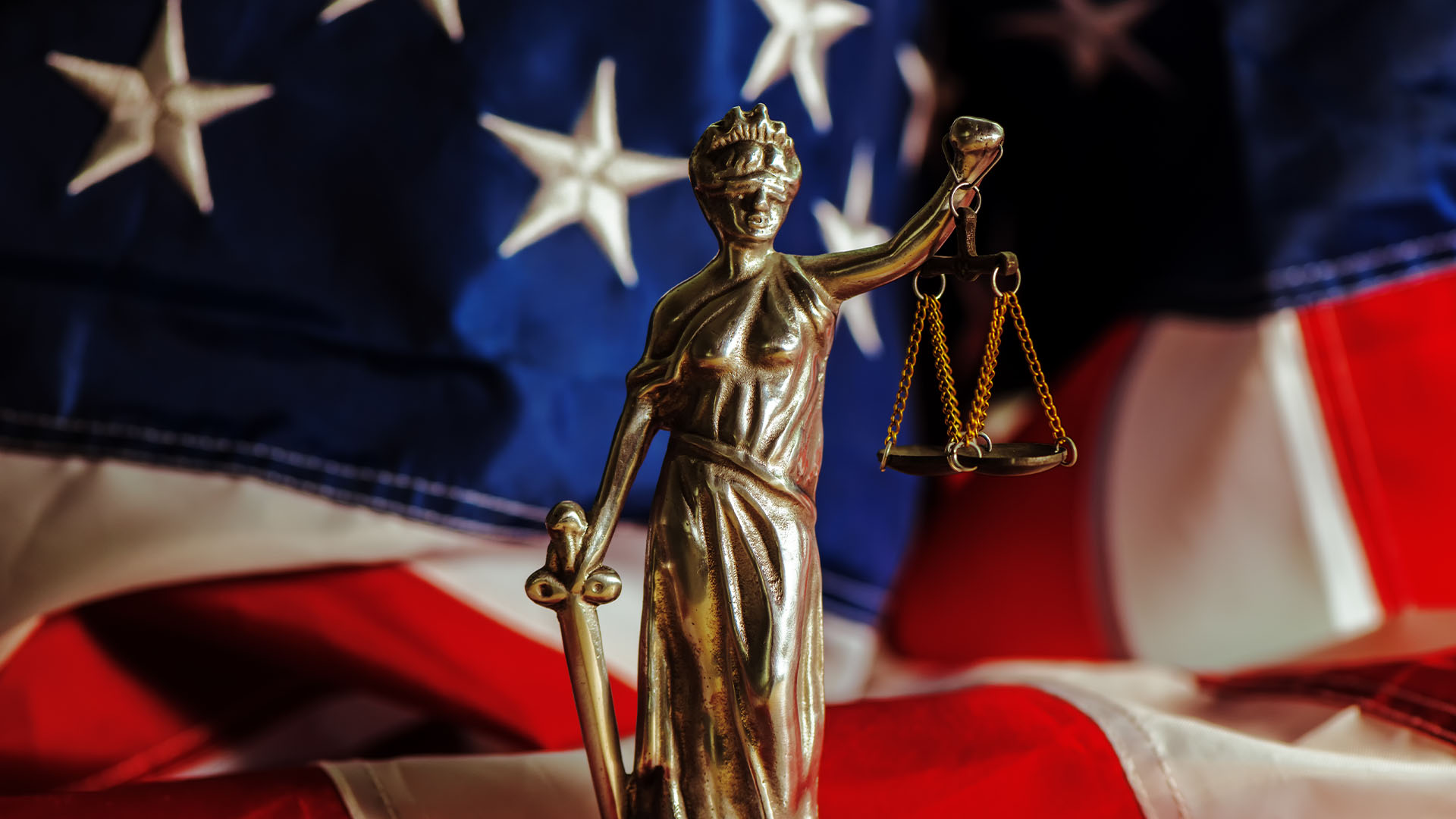The Washington Spectator: The Limits of ‘Lawfare’ in a Democracy: A Teaching Moment for 2024
By Washington Spectator

The Washington Spectator: The Limits of ‘Lawfare’ in a Democracy: A Teaching Moment for 2024
July 8, 2024 | Mark Medish and Daniel Lucich | Washington Spectator
One day after the U.S. Supreme Court’s ignominious Presidential immunity decision, the New York Supreme Court meted out accountability and formally disbarred Rudy Giuliani, Donald Trump’s former personal attorney, for violating several core tenets of the professional code of conduct with the aim of undermining public confidence in the American electoral process.
In 2020 American voters learned of a surprising new threat to democracy and the rule of law: lawyers.
Investigations revealed widespread wrongdoing by lawyers related to fraud, forgery, conspiracy, frivolous litigation and other attempted interference with the 2020 electoral process.
These attorneys filed numerous “lawfare” suits on behalf of the Trump campaign in flashpoint states such as Arizona, Georgia, Michigan, Pennsylvania and Wisconsin. These actions — defined as the strategic use of legal proceedings to intimidate or hinder — were desperate attempts to impede the counting or certification of votes with the intent to change the election results.
There is urgent need for courts and bar associations at state and national levels to ramp up ethics education and disciplinary vigilance for all legal professionals who might be involved with elections. This should be done before it’s too late in the 2024 election cycle, lest the norm-breaking we saw in 2020 becomes the new normal. …
